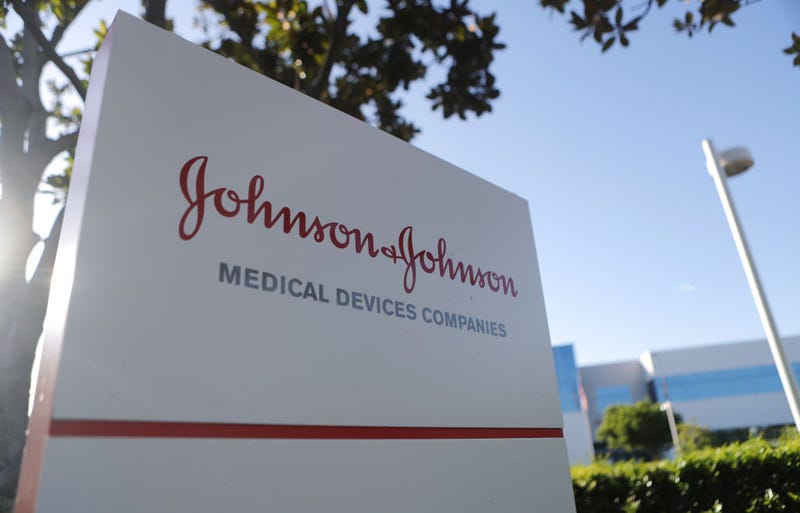
Johnson & Johnson may not have to pay $465 million for playing a part in the ongoing opioid epidemic, thanks to a ruling Tuesday by the Oklahoma Supreme Court.
Previously, a 2019 ruling stipulated that the pharmaceutical company would have to pay plaintiffs, though less than the $17 billion they sought in a lawsuit, according to the New York Times.
It was a “heartening signal to plaintiffs’ lawyers around the country that their legal strategy could prevail,” in the first state lawsuit against an opioid manufacturer to come to trial, said the outlet.
Other opioid manufacturers included state’s lawsuit, including Teva and Purdue Pharma, settled their cases before this bench trial against Johnson & Johnson began.
With the ruling to overturn the 2019 decision, a court has invalidated a key legal strategy used by plaintiffs for the second time this month. Oklahoma’s highest court rejected the state’s argument (5-1) that Johnson & Johnson violated “public nuisance” laws by overstating the benefits of its prescription opioid painkillers and downplaying risks, such as dependence.
“In the late 1990s, pharmaceutical companies reassured the medical community that patients would not become addicted to opioid pain relievers and healthcare providers began to prescribe them at greater rates,” according to the U.S. Department of Health and Human Services.
More than 760,000 people have died since 1999 from a drug overdose and, as of 2018, two out of three drug overdose deaths involved an opioid, said the department.
Johnson & Johnson supplied more than 60 percent of all active ingredients for opioids manufactured and sold in the U.S. for “years,” according to a statement from the office of the Oklahoma Attorney General.
However, “Oklahoma public nuisance law does not extend to the manufacturing, marketing and selling of prescription opioids,” the judges wrote in Tuesday’s majority opinion.
The public nuisance argument has been used in thousands of cases attempting to hold the pharmaceutical industry responsible for the crisis, said the New York Times. A similar opinion to the Oklahoma Supreme Court was also issued by a California state judge Nov. 1.
Judges who issued this week’s ruling said Oklahoma’s 1910 public nuisance law typically referred to an abrogation of a public right like access to roads or clean water or air. They said the state’s case failed to identify a public right under the nuisance law. According to the New York Times, the judges decided that individuals suffered rather than the public at large.
Apart from this issue, the judges also found that Johnson & Johnson has no control of its products once they left the company’s purview. This argument has also been used successfully by gun manufacturers in the face of public nuisance arguments.
“Regulation of prescription opioids belongs to federal and state legislatures and their agencies,” such as the Food and Drug Administration, said the Oklahoma judges.
In the opinion, judges also addressed Johnson & Johnson’s response that it had not promoted it products in recent years.
Johnson & Johnson said in a statement it has “deep sympathy” for everyone affected by the opioids epidemic.” It also said “the clear and unassailable decision by the Oklahoma State Supreme Court reflects the facts of this case: Janssen’s actions relating to the marketing and promotion of these important prescription pain medications were appropriate and responsible and did not cause a public nuisance.”
John O’Connor, the Oklahoma attorney general, said he was disappointed with the ruling.
“We are still pursuing our other pending claims against opioid distributors who have flooded our communities with these highly addictive drugs for decades. Oklahomans deserve nothing less,” he said.
Elizabeth Burch, a law professor at the University of Georgia, said the Oklahoma and California decisions may not predict the fate of other similar cases that are now making their way through courts in the U.S., since each state has different parameters for public nuisance laws.
However, Burch said it could influence plaintiffs’ response to Johnson & Johnson’s major national $5 billion settlement offer from July.
This amount would be paid over nine years to end all opioid litigation against the company.
To be accepted thousands of local governments that have sued Johnson & Johnson would have to agree to take the settlement.


